

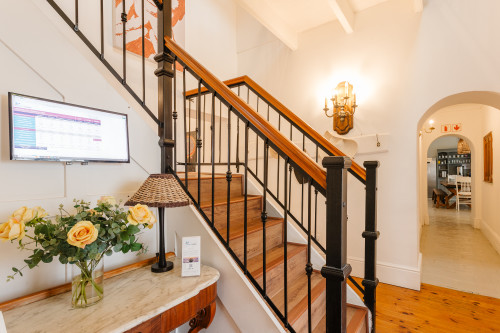
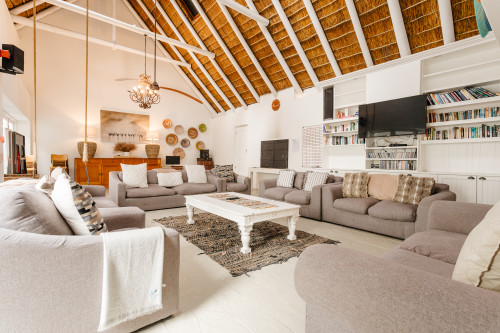
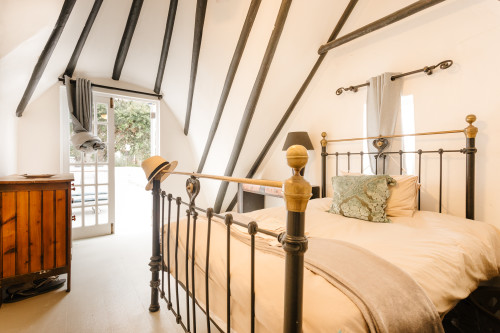




Liberty Home - Weltevreden Manor
Verified Center
This provider's information has been quality-checked by Recovery.com's Research Team for accuracy and completeness, including center verification through appropriate third-party organizations.
Treatment Focus
This center treats substance use disorders and mental health conditions. You'll receive individualized care catered to your unique situation and diagnosis, learn practical skills for recovery, and make new connections in a restorative environment.
Primary Level of Care
Offering intensive care with 24/7 monitoring, residential treatment is typically 30 days and can cover multiple levels of care. Length can range from 14 to 90 days typically.
Treatment Focus
This center treats substance use disorders and mental health conditions. You'll receive individualized care catered to your unique situation and diagnosis, learn practical skills for recovery, and make new connections in a restorative environment.
Primary Level of Care
Offering intensive care with 24/7 monitoring, residential treatment is typically 30 days and can cover multiple levels of care. Length can range from 14 to 90 days typically.
Private Pay
You pay directly for treatment out of pocket. This approach can offer enhanced privacy and flexibility, without involving insurance. Exact costs vary based on program and length of stay. Contact the center for specific details.
Liberty Home - Weltevreden Manor
Liberty Home - Weltevreden Manor
About Liberty Home - Weltevreden Manor
Liberty Home is an upmarket clinic in Cape Town’s Marina Da Gama neighbourhood, offering affordable residential treatment for substance use and mental health issues. Founder Morgane, who overcame addiction, an eating disorder, and sexual trauma, uses her lived experience to help clients turn pain into purpose. With additional staff in recovery, a multilingual community (including Flemish, Afrikaans, Dutch, English, and French speakers), and a 12-Step foundation, Liberty Home offers structure, empathy, and long-term support.
Receive Balanced, Thorough Treatment
Liberty Home addresses the physical, psychological, spiritual, and emotional aspects of recovery, blending therapies like cognitive behavioural therapy (CBT) and motivational interviewing (MI) with yoga, meditation, and fitness to promote lasting growth and well-being. Each week, clients receive 2–3 hours of individual counselling to set goals, manage symptoms, and build coping strategies, along with 22 hours of group therapy, encouraging communal healing. The team supports neurodivergent clients, collaborating with the local neurodivergency center, and helps those with eating disorders maintain healthy routines and habits.
Strengthen Recovery with Family Involvement
Liberty Home believes in treating the environment, not just the individual—which includes involving loved ones. Families are educated on the recovery process and engaged through Zoom or in-person sessions. Those visiting South Africa may join up to 3–4 sessions in a week, while ongoing therapist access via email supports communication, connection, and accountability throughout treatment.
Feel at Ease in a Comfortable, Home-Like Setting
Liberty Home blends professional support with a warm, communal atmosphere near mountains, the beach, and a nature reserve. Clients share chef-made meals with staff, enjoy daily housekeeping, and stay in private or shared rooms within an upmarket thatched-roof manor. Internet is available during designated slots. Optional extras include a personal trainer or life coach.
Highlights from the Center
Highlights
These highlights are provided by and paid for by the center.
Therapeutic Location
Holistic Approach
Certified Professionals
Accredited
Center Overview
Treatment Focus
This center treats substance use disorders and mental health conditions. You'll receive individualized care catered to your unique situation and diagnosis, learn practical skills for recovery, and make new connections in a restorative environment.

Liberty Home - Weltevreden Manor
Pricing and Program Length
Estimated Center Costs
The cost listed here (£2,250 - £10,500 / 28 days), is an estimate of program cost. Center price can vary based on program and length of stay. Contact the center for more information. Recovery.com strives for price transparency so you can make an informed decision.



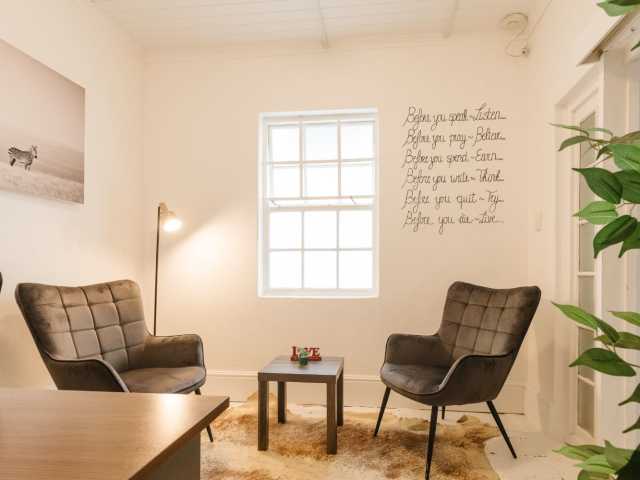
Recovery.com Verified Listing
Recovery.com verified that the name, location, contact information and license to operate for this treatment provider are valid and up-to-date.

Licensed by South Africa
Recovery.com is an independent, third-party mental health resource. Verification does not imply endorsement and does not guarantee the quality of treatment services.
Meet Your Care Team

Morgane
Director
BA & M.A. Sciences Economics [ULB – UGent] Major Psychology [UCT] BSocSc Hons Psychology [UCT] PGDip Addiction Care Candidate (UCT)

Vincent
Director

Dr Imraan Tayob
Psychiatrist

Laurent
Head of Partnerships
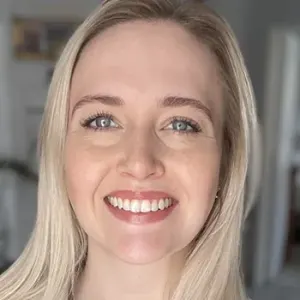
Sinéad
Financial Administrator
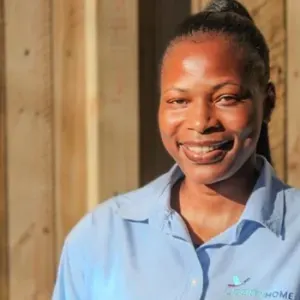
Emmie
Office Manager
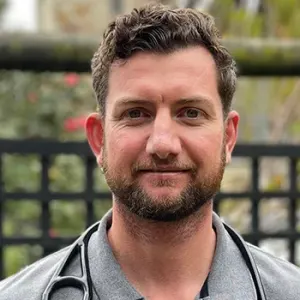
Dr. Kocks
General Practitioner, MBChB (Limpopo)
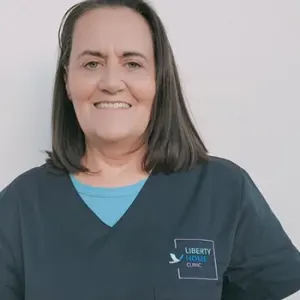
Odette
Head Registered Nurse
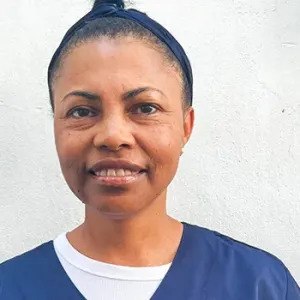
Sandra
Registered Nurse
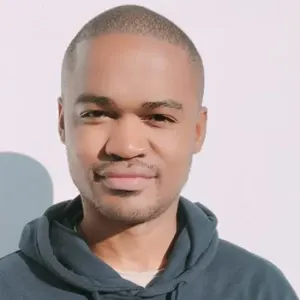
Lelethu
Social Worker
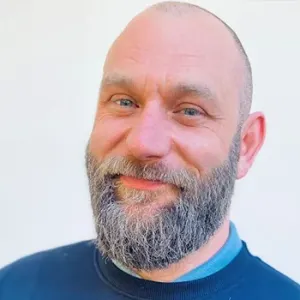
Ian
Addictions Counsellor
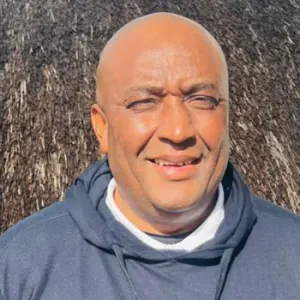
Greg
Head Recovery Assistant
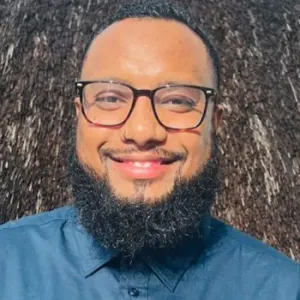
Chesslin
Recovery Assistant
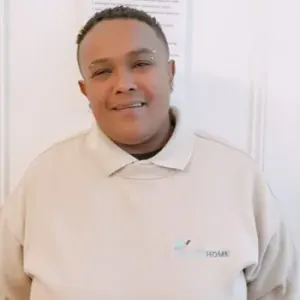
Nawaal
Recovery Assistant
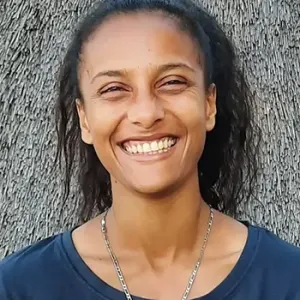
Ashley
Recovery Assistant
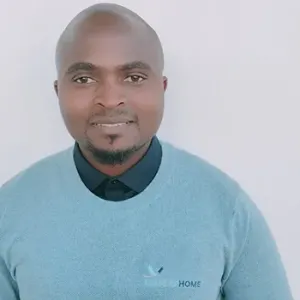
Last
Occupational Therapists
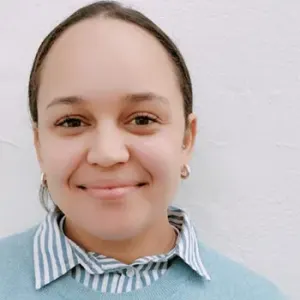
Dom
Occupational Therapists
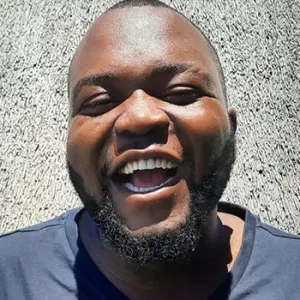
Romeo
Facility Manager
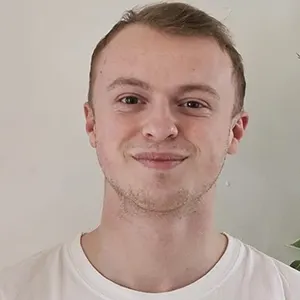
Matt
Co-House Manager
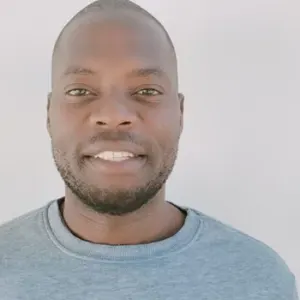
Dickson
Handyman
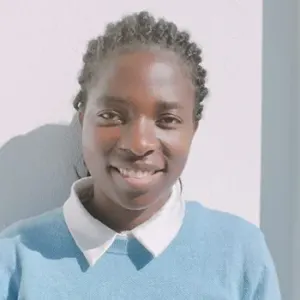
Annette
Housekeeper
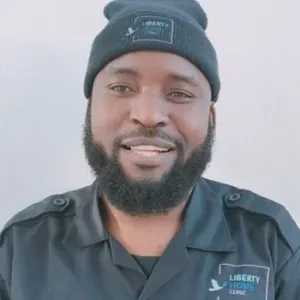
Yobe
Security
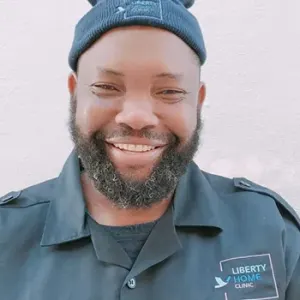
Bongani
Security

Steven
Head Chef
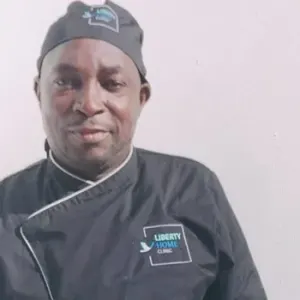
Simba
Chef

Faith
Chef

Gigi
Therapy Dog
Your Care Options
Specializations
ADHD, ADD
ADHD is a common mental health condition caused by dopamine imbalance. Common symptoms include inattention, hyperactivitiy, and impulsivity.
Alcohol
Using alcohol as a coping mechanism, or drinking excessively throughout the week, signals an alcohol use disorder.
Co-Occurring Disorders
A person with multiple mental health diagnoses, such as addiction and depression, has co-occurring disorders also called dual diagnosis.
Depression
Symptoms of depression may include fatigue, a sense of numbness, and loss of interest in activities. This condition can range from mild to severe.
Drug Addiction
Drug addiction is the excessive and repetitive use of substances, despite harmful consequences to a person's life, health, and relationships.
Gambling
Excessive, repetitive gambling causes financial and interpersonal problems. This addiction can interfere with work, friendships, and familial relationships.
Licensed Primary Mental Health
Some primary care providers offer mental health diagnosis and treatment. This can prevent patients from developing more serious conditions.
Prescription Drugs
It's possible to abuse any drug, even prescribed ones. If you crave a medication, or regularly take it more than directed, you may have an addiction.
Who We Treat
Older Adults
Addiction and mental health treatment caters to adults 55+ and the age-specific challenges that can come with recovery, wellness, and overall happiness.
Young Adults
Emerging adults ages 18-25 receive treatment catered to the unique challenges of early adulthood, like college, risky behaviors, and vocational struggles.
LGBTQ+
Addiction and mental illnesses in the LGBTQ+ community must be treated with an affirming, safe, and relevant approach, which many centers provide.
Men and Women
Men and women attend treatment for addiction in a co-ed setting, going to therapy groups together to share experiences, struggles, and successes.
Midlife Adults
For adults ages 40+, treatment shifts to focus on the unique challenges, blocks, and risk factors of their age group, and unites peers in a similar community.
Mild Disabilities
Adults with mild physical or intellectual disabilities receive treatment catered to their specific needs in a safe and clinically supportive environment.
Professionals
Busy, high-ranking professionals get the personalized treatment they need with greater accommodations for work, privacy, and outside communication.
Treatment Services
Licensed Primary Mental Health
Some primary care providers offer mental health diagnosis and treatment. This can prevent patients from developing more serious conditions.
Residential
In a residential rehab program, patients live onsite, with access to daily treatment and 24-hour care. An average stay is 30-90 days.
Transitional Living
After rehab, some people stay in a transitional living situation before returning home. These programs offer structure, education, and community support.
Sober Living
These structured living environments help people transition out of rehab. Residents have more freedom than they do during rehab, but still follow certain rules.
Approaches
Holistic
A non-medicinal, wellness-focused approach that aims to align the mind, body, and spirit for deep and lasting healing.
Individual Treatment
Individual care meets the needs of each patient, using personalized treatment to provide them the most relevant care and greatest chance of success.
Minnesota Model
The Minnesota Model encourages abstinence and family-wide healing through the 12-Steps, group therapy, and individualized, psychological treatment.
Therapeutic Community
Therapeutic communities allow patients to contribute to the success and progress of their community, through healthy behaviors or even basic chores.
Therapies
1-on-1 Counseling
Patient and therapist meet 1-on-1 to work through difficult emotions and behavioral challenges in a personal, private setting.
Meditation & Mindfulness
A practiced state of mind that brings patients to the present. It allows them to become fully aware of themselves, their feelings, and the present moment.
Attachment-Based Family Therapy
ABFT is a trauma-focused therapy that teaches you to form healthy relationships by rebuilding trust and healing attachment issues formed in childhood.
Experiential Therapy
With this approach, patients heal by doing. Therapists help patients process difficult emotions to speak, using guided activities like art or dance.
Family Therapy
Family therapy addresses group dynamics within a family system, with a focus on improving communication and interrupting unhealthy relationship patterns.
Interpersonal Therapy
This brief and structured therapy addresses present relationships and improves overall communication at work, home, and other social settings.
Life Skills
Teaching life skills like cooking, cleaning, clear communication, and even basic math provides a strong foundation for continued recovery.
Conditions We Treat
Grief and Loss
Grief is a natural reaction to loss, but severe grief can interfere with your ability to function. You can get treatment for this condition.
Personality Disorders
Personality disorders destabilize the way a person thinks, feels, and behaves. If untreated, they can undermine relationships and lead to severe distress.
ADHD, ADD
ADHD is a common mental health condition caused by dopamine imbalance. Common symptoms include inattention, hyperactivitiy, and impulsivity.
Anger
Although anger itself isn't a disorder, it can get out of hand. If this feeling interferes with your relationships and daily functioning, treatment can help.
Anxiety
Anxiety is a common mental health condition that can include excessive worry, panic attacks, physical tension, and increased blood pressure.
Bipolar
This mental health condition is characterized by extreme mood swings between depression, mania, and remission.
Burnout
Burnout entails mental and physical exhaustion, and leads to a severe lack of fulfillment. This condition is often caused by overwork.
Depression
Symptoms of depression may include fatigue, a sense of numbness, and loss of interest in activities. This condition can range from mild to severe.
Substances We Treat
Alcohol
Using alcohol as a coping mechanism, or drinking excessively throughout the week, signals an alcohol use disorder.
Benzodiazepines
Benzodiazepines are prescribed to treat anxiety and sleep issues. They are highly habit forming, and their abuse can cause mood changes and poor judgement.
Chronic Relapse
Consistent relapse occurs repeatedly, after partial recovery from addiction. This condition requires long-term treatment.
Co-Occurring Disorders
A person with multiple mental health diagnoses, such as addiction and depression, has co-occurring disorders also called dual diagnosis.
Cocaine
Cocaine is a stimulant with euphoric effects. Agitation, muscle ticks, psychosis, and heart issues are common symptoms of cocaine abuse.
Drug Addiction
Drug addiction is the excessive and repetitive use of substances, despite harmful consequences to a person's life, health, and relationships.
Ecstasy
Ecstasy is a stimulant that causes intense euphoria and heightened awareness. Abuse of this drug can trigger depression, insomnia, and memory problems.
Heroin
Heroin is a highly addictive and illegal opioid. It can cause insomnia, collapsed veins, heart issues, and additional mental health issues.
Psychedelics
Hallucinogenic drugs—like LSD—cause euphoria and increased sensory experiences. When abused, they can lead to depression and psychosis.
Languages
Aftercare
Care Designed for Your Needs
Personal Amenities
Amenities
Special Considerations
Gender-specific groups
Patients in gender-specific groups gain the opportunity to discuss challenges unique to their gender in a comfortable, safe setting conducive to healing.
Healthy Meals are provided
Great food meets great treatment, with providers serving healthy meals to restore nutrition, wellbeing, and health.
Activities
Yoga
Yoga is both a physical and spiritual practice. It includes a flow of movement, breathing techniques, and meditation.
Off-Site Activities
Off-Site Amenities

Learn More About the Center
Can A Genetic Background Contribute to Alcohol Dependency?
Explore how inherited traits may influence addiction risk and what can be done about it.
How Alcohol Affects Anxiety
Learn how drinking can intensify anxiety—and what healthier coping strategies might look like.
What Happens During Mental Health Residential Treatment?
Discover what to expect in residential care and how it supports lasting mental wellness.
Phased Approach to Healing
Read more about Liberty Home’s gentle, structured approach of 3 carefully designed phases.





